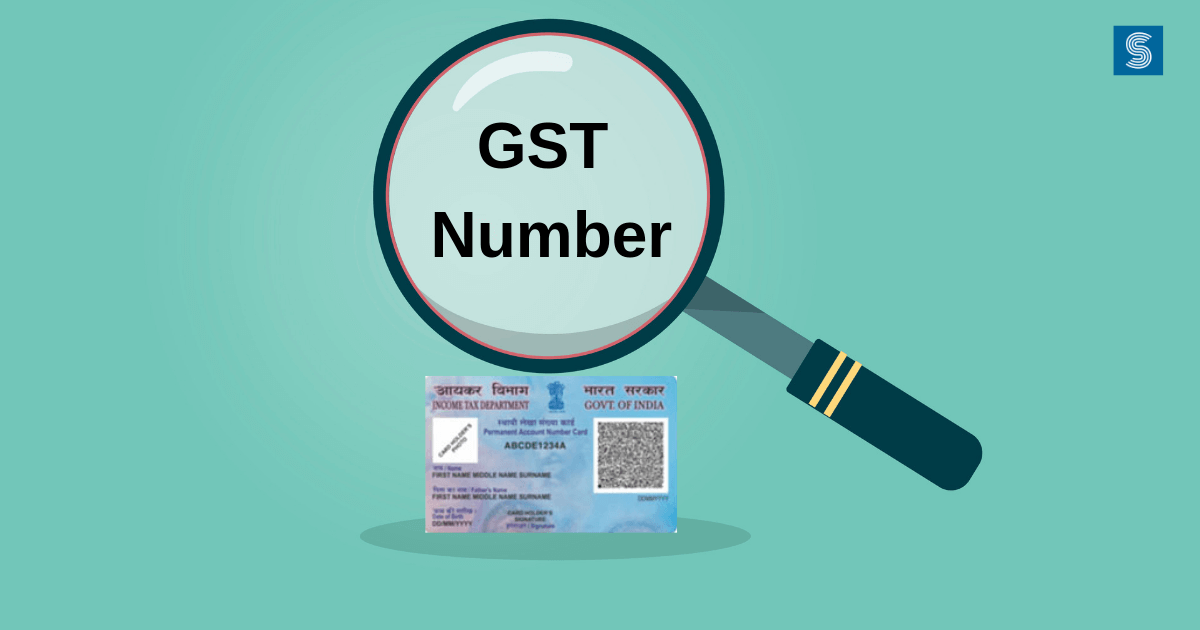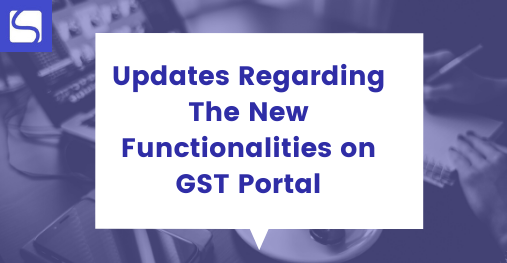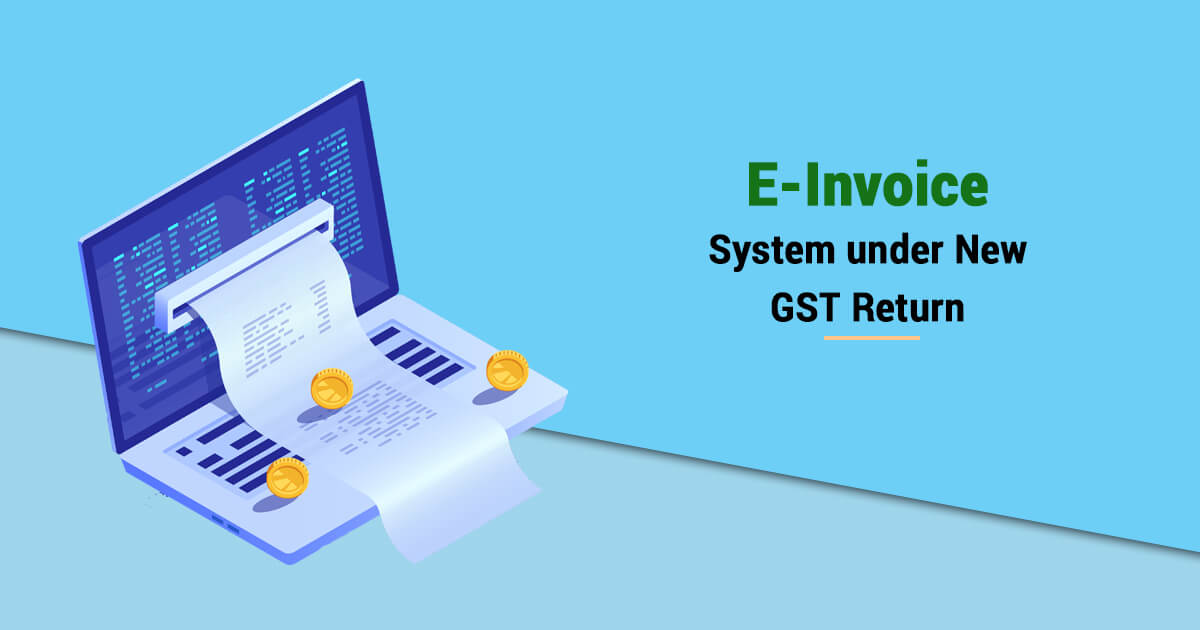Invoicing for GST in India – Invoice Format, Bill of Supply, Time limits

Swarit Advisors | Updated: Mar 26, 2019 | Category: GST
Before we proceed with Invoicing of GST, it’s highly crucial to understand a few terms such as invoice, types of GST invoice, bill of supply, etc. So, let’s first start with the definition of the Invoice.
Table of Contents
What is Invoice?
The term invoice can be termed as a commercial document which is issued by the seller or supplier of a good or service to the buyer. Generally, an invoice contains the details of the transaction of sale which includes the product name, quantity, price etc. The terms of payment are basically mentioned on the invoice. Invoice is also known as a bill.
Types of GST Invoice
The following are some of the types of the GST Invoice
Tax Invoice
This is a compulsory invoice for every individual who obtains a registration under GST. It is issued for all the supplies made by the seller to the buyer of the goods and services. Generally, a tax invoice is issued in respect of taxable good or service supplied to clients of B2B and B2C. Apart from that, it is also used for the transfer of stocks in case of interstate supply.
Bill of Supply
A bill of supply is meant for the issuance of goods and services which are exempted from tax at the time supplying of the same.
Receipt Voucher
A receipt voucher is meant for issuance in case the advance payment of goods and services which are yet to be supplied.
Refund Voucher
Refund Voucher is meant for issuance when a receipt voucher has been issued in advance and there is no need of supply in relation to that receipt voucher.
Payment Voucher
When the recipient is liable for the reverse charge, in that case, there is a requirement for the issuance of payment voucher at the time of making the payment.
Debit and Credit Notes
The debit note is meant for issuance when the value of the goods and services are found to be less than the taxable value as that of the price mentioned on the tax invoice issued earlier. Similarly, in case of a credit note, it is issued when the value of the goods and services are found to be more than the taxable value as that of the price mentioned on the tax invoice issued earlier
ISD Invoice
Generally, an ISD invoice is issued in case of distribution of input tax credit among the branches holding a single PAN.
Delivery Challan
Delivery Challan is issued in case of transportation of goods before the preparation of the tax invoice.
Tax Invoice in GST
A tax invoice is a compulsory invoice for every individual who obtains a registration under GST. It is issued for all the supplies made by the seller to the buyer of the goods and services. Generally, a tax invoice is issued in respect of taxable good or service supplied to clients of B2B and B2C. Apart from that, it is also used for the transfer of stocks in case of interstate supply.
Read, Also: GST On Travel Agents and Tour Operators.
Bill of Supply in GST
A bill of supply is meant for issuance of goods and services which are exempted from tax at the time supplying of the same. It is required to be issued by the seller when the GST rates are not applicable on a transaction made. According to the GST law, the following are the contents of a bill of supply;
- Name and address of the Supplier
- GSTIN of the supplier
- Number of Bill of supply
- Date of issue
- Name, Address and GSTIN of the recipient.
- HSN Code if required (Please note HSN code is not required if the turnover is less than 1.5 crores, 2 and 4 digit HSN code is required in case turnover is between 105 to 5 crores and more than 5 crores. respectively)
- Description
- Value after Adjustments
- Signature of the supplier
Supplementary and Revised Invoices in GST
All the dealers who are subject to tax should apply for the provisional registration under GST to carry out all necessary formalities for the permanent registration and to obtain a permanent registration certificate. As per the law of GST, all the invoices must be issued within a specified period which includes;
The implementation date of GST
Issuance Date of Registration Certificate
The supplier who wants to issue a revised invoice against the previously issued invoice within the aforesaid specified period. The revised invoice should be issued within a time of period of one month from the date of issuance of a certificate of GST registration.
On the other hand, a supplementary tax invoice can be issued to a taxable person in case of deficiency or error is found in the tax invoice which is already issued. A supplementary tax invoice can be considered as a debit note or credit note.
Invoice Format in GST
A tax invoice under GST provides the details of goods and services along with the price which is due for the payment. The following are the particulars or contents of the tax invoice;
- Name and address of the supplier
- GSTIN of the supplier
- Serial number
- Date of issue
- Name and address of the recipient.
- State and its code of the recipient, in case the taxable supply is more than 50,000/-.
- HSN Code
- Description
- Quantity/Unique Quantity Code
- Total Value
- Taxable Value
- Rate of Tax
- Tax Charged Amount
- Place of supply in case of inter-state supply
- Delivery Address
- Reverse Charge if any
- Signature of the Supplier
- Name and Address of the Recipient
- Delivery Address
- Destination Country Name
- Date of Application for Export
- Number of Application For Export
Invoicing Time limits in GST
A table containing the details of invoicing time limits for GST has been provided below;
| For the registered individuals for the supply of goods and services | Within 30 days from the date of supply |
| In case of services provided by banks, NBFCs, financial institutions, companies etc. | Within 45 days from the date of supply |
| In case of services provided between distinct persons namely by NBFCs, Telecom Operators, banking companies, Insurance companies etc. | Prior to the time the supplier records the details of supply in his books of accounts
Or Prior to the expiration of the quarter in which the supply was made. |
Invoice Changing in GST
There can be some scenarios when there will be a case when the invoice has been issued wrongly, in that case certain changes are required to be made in the invoice which is already issued. Such changes are known as rectification of invoice. Generally, the rectification of invoices is reported as per the monthly returns of the invoices.
Invoice Signing in GST
According to Section 31 of CGST Act, 2017[1] a tax invoice can be issued as per the Rule-1 of Invoice Rules 2017 which states that an invoice must be signed by the supplier or any authorized persons as specified by the supplier whether the signature may be digital or manual. In simple words, it suggests that the tax invoice must be signed by a supplier of goods or services or his authorized representative.
Goods Transport Agency
According to the provision of Notification No. 11/2017-Central Tax (Rate) 2017, A Goods Transport Agency can be defined as a person who is engaged in providing services in respect of transport of goods by road and accordingly issues a consignment note for the same. In simple words, it means that if in case the supplier hires some other transportation means for the supply of goods and issues a consignment note will also be considered as Goods Transport Agency.
Knocked Down Goods
In some cases, it can be impossible to carry the goods in a single transport vehicle. In that case, logistics are considered convenient to move the goods from the one place to another in parts rather than in a single transport. This is called as Semi Knocked Down or Completely Knocked down Goods. This can be better understood with the help of an example. For example, if a crane is being supplied from Delhi to Jharkhand under a single invoice but for the logistical context, the vehicle is partially knocked down, it will be supplied in four different vehicles.
Receipt Voucher
A receipt voucher is meant for issuance in case the advance payment of goods and services which are yet to be supplied. The details of the format of receipt voucher as provided by the CGST Rules, 2017 are annexed below;
- Name and address of the supplier
- GSTIN of the supplier
- Serial number
- Date of issue
- Name and address of the recipient.
- State and its code of the recipient, in case the taxable supply is more than 50,000/-.
- Advance Amount took.
- HSN Code
- Description
- Quantity/Unique Quantity Code.
- Total Value
- Taxable Value
- Rate of Tax
- Tax Charged Amount
- Place of supply in case of inter-state supply.
- Delivery Address
- Reverse Charge if any
- Signature of the Supplier
The following are some of the exceptions for the issuance of the receipt voucher;
In case, the time for receiving the advance tax is not predicted or calculated then the tax rate will be 18%
In case of advance receipt, the nature of supply cannot be determined then the supply will be considered as inter-state supply.
E-way Bill
E-Way Bill can be defined as the Electronic Bill which is generated on the E-Way Bill Portal for the movement of goods. It is to be noted that an E-Way can be issued to a registered person under GST. The official website for the same is www.ewaybillgst.gov.in. It can also be generated through an Android App, SMS or API. A unique E-way Bill Number is generated and allocated to the concerned parties.














